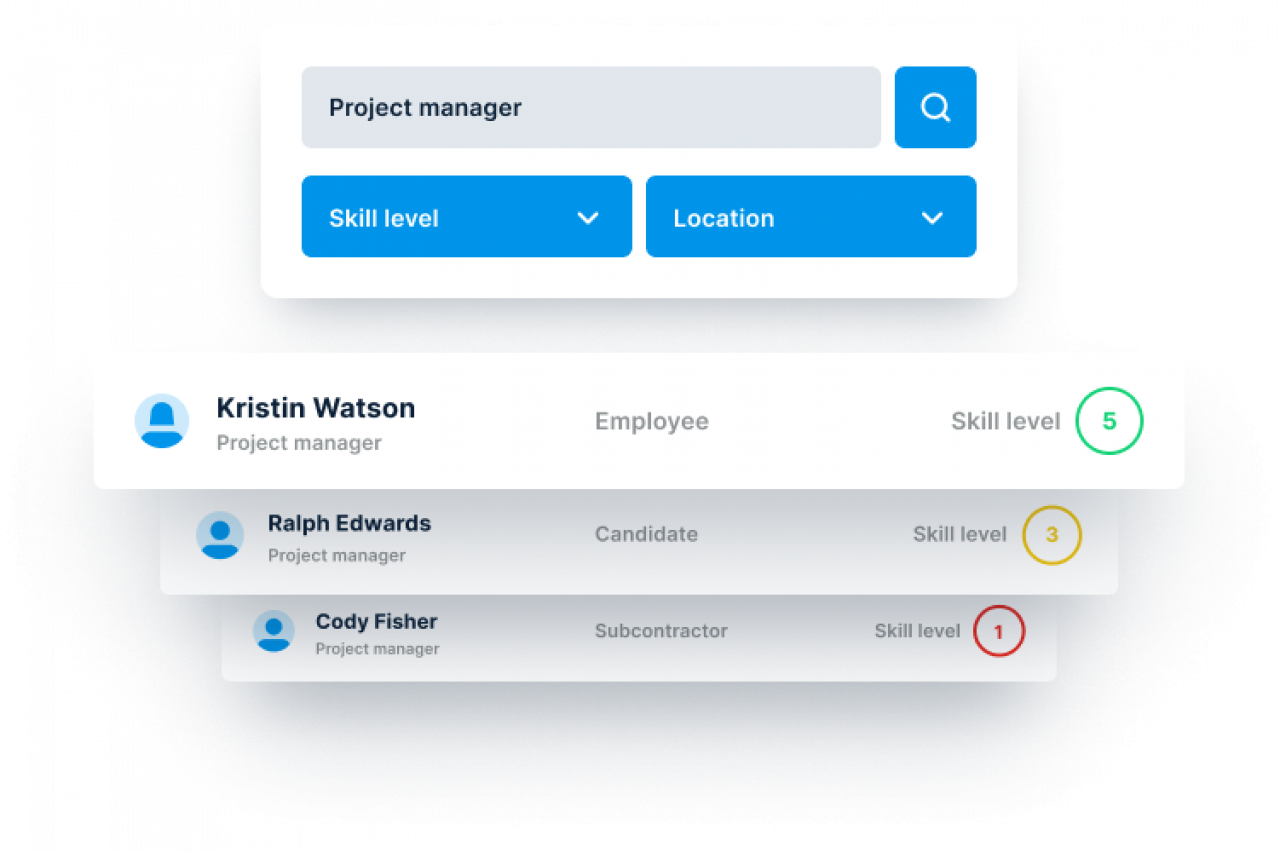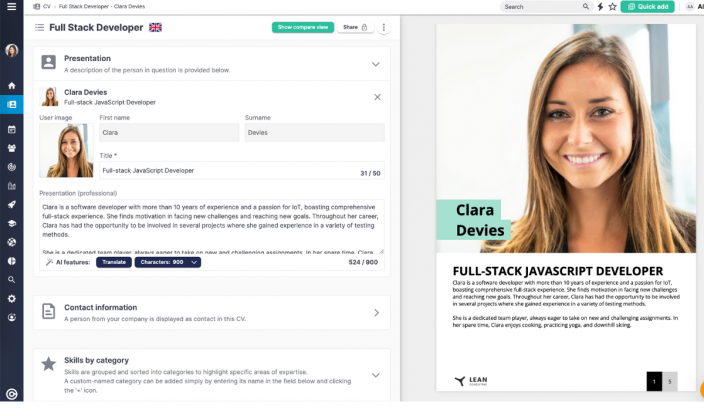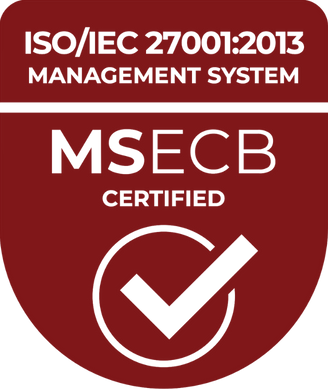Competence levels

Many of us are quite self-critical. We find it difficult to highlight our strengths and we may tend to focus on our weaknesses. However, it is time for us to give ourselves some credit. Here is a guide on how to grade your competence levels in Cinode.
In order for your boss to get an idea of your competencies, what you want/need to learn, and improve, you need to grade the skills in your profile on a scale of 1 to 5. However, it can be difficult to make a fair estimate regarding even own strengths and weaknesses.
Research has shown that women to a greater extent tend to underestimate themselves and their skills, while men are more comfortable with self-promotion. In a study conducted by Harvard Business School and Pennsylvania University, it was shown that women rated their performance on a test lower than men – even though the men and women in the study had the same average score on the test, even when the women were aware of their test score.
In addition to the difference between the sexes, some people generally tend to find it more difficult to give themselves an objective competence assessment. Many of us are familiar with concepts such as “imposter syndrome”.
To help you along the way, the following will explain the different levels of expertise and how different skill levels can be interpreted depending on whether it is a role or a tool/skill that you are grading.
The Chamber of Deputies’ competence levels for consulting services
The grading used in Cinode has been designed in accordance with the Swedish Chamber of Commerce’s competence levels for consulting services.
The scale ranges from 1 to 5, where 1 denotes the basic level and 5 means expert in the field. Note that each level has two columns, one for the grading of a role and one for techniques, tools, methods, and processes, etc. This means the grade can vary depending on whether you are grading a role or techniques, tools, processes etc.
“Role” – the criteria in the column called “role” are applied if you are a Project Manager, Marketer, Communicator, etc.
“Techniques, tools, methods, and processes, etc.” – the second column is used to assess competencies related to tools and techniques e.g. WordPress, Analytics, Writing, etc.
1. Basic level
Have you recently completed your education? Do you have shorter occupational experience in the area? Are you able to perform simple tasks independently? Then you are at competence level 1. Your first thought might be that it is synonymous with substandard knowledge, but that’s not true. This means that you can carry out certain tasks independently, but require guidance to a certain degree.

2. Medium competence
Do you have formal training in the field? Do you have one to three years of experience as a consultant in the field? Have you participated in a number of similar assignments? Then you are probably at competence level 2. This means that you have the skills necessary to perform certain tasks independently, but you still require guidance from time to time.

3. High competence
Do you possess a high level of competence in the field? Have you worked as a consultant within the field for four to eight years? Do you feel confident in your role and responsibilities? This corresponds to competence level 3. It may sound like a low rating. Psychologically, one might think that it is an average competence rating, but according to the Swedish Chamber of Commerce, this is a high rating that shows great knowledge within the field and several years of experience. Level 3 should therefore not be underestimated.

4. Very high competence
Do you have high general knowledge or very high competence within the field? Have you been active in the field for between nine to twelve years? Are you in charge of a larger group of consultants? If you tick off all of the mentioned, then you are at competence level 4.

5. Expert in the field
Do you master everything in the field? Can you explain the technicalities in your sleep? Are you the one everyone turns to with questions? Do you train other consultants in the field? Congratulations! Then you meet the requirements for competence level 5.

Discuss competence levels with colleagues
If you still find it difficult to make a fair assessment of your skills, you can;
- Discuss it with a manager or salesperson
- Ask a colleague what your strongest skills are.
- Do you have contact with former colleagues? Let them give you feedback on your strengths and your skill levels.

Global Communication & Marketing
Global Communication & Marketing
You may also like...
All posts
Apr 09 2024 · Cinode, Consulting
Your Consultant Resume on Autopilot with AI Support

Mar 28 2024 · Consulting
6 Easter Eggs to improve your Consultancy

Mar 26 2024 · Cinode, Consulting
8 Important Reasons to Expand Your Network of Subcontractors and Partners – And How to Do It!

Mar 19 2024 · Consulting
The hybrid consultant creates greater value for the customers, themselves, and the consulting company

Mar 12 2024 · Consulting
Soon we all have to become hybrid consultants

Feb 08 2024 · Consulting, Entrepreneurship
The advantages of digitizing your consulting process

Jan 31 2024 · Consulting, Entrepreneurship
Are you swimming in the red or blue ocean? Dominate your market through a “Blue Ocean” strategy

Jan 25 2024 · Consulting
How to Reduce Bench Time in Your Consulting Firm

Dec 06 2023 · Consulting, Entrepreneurship
AI – an impending shift within the junior consulting profession

Nov 23 2023 · Consulting, Entrepreneurship
Being kind at work pays off

Nov 08 2023 · Consulting, Reference case
Redeploy Group expands the offer with data and AI services and aims for Nordic expansion

Oct 31 2023 · Consulting
